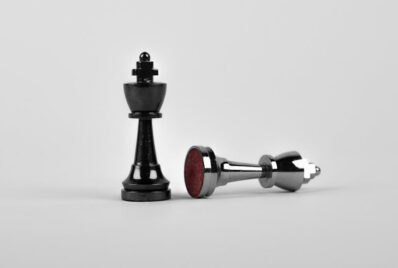Being a UI/UX guy for over a decade, I’ve realized that what makes a product memorable isn’t always the layout, the colors, or even the typography — it’s the tiny details that make people smile without realizing why.
1. What Are Microinteractions?
Microinteractions are those small, functional animations or responses that guide users through an interface, like a heart filling up when you “like” a post, or a subtle vibration when you send a message. They don’t just decorate your UI, they communicate with the user.
These tiny moments of interaction:
- Provide instant feedback
- Make the interface feel alive
- Guide users subtly without instructions
- Build emotional connection
2. Why They Matter
In a world flooded with apps that do the same thing, microinteractions are what help differentiate great design from good design. They add a human touch, a personality. When done right, they make the user feel that someone really thought about their journey.
Think of:
- Provide instant feedback
- Slack’s playful loading messages
- Apple’s smooth toggles and transitions
3. Designing Meaningful Microinteractions
Before adding fancy animations, ask “Does this improve clarity or delight?”
A good microinteraction should:
- Have purpose – It should guide or respond, not distract.
- Be fast and fluid – Snappy, not flashy.
- Feel natural – Blend with the product’s tone and rhythm.
- Be consistent – Match other interactive elements.
Pro TIp
Always test your microinteractions in real user flows. A button that bounces too long might feel fun in isolation, but frustrating when someone’s trying to check out fast.
Final Thoughts
Microinteractions are like seasoning in cooking, too little, and your product feels bland; too much, and it’s overwhelming. The perfect balance is where users feel joy without noticing why. That’s good design.
See you in the next article.





